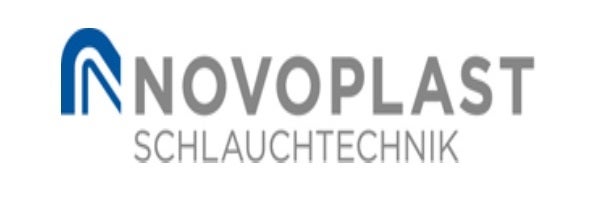Reduce, Reuse, Recycle – these are the R’s for more sustainability. Fleima-Plastic shows that the Reuse principle can also work well in its own toolmaking.
At the end of the “lifetime” of an injection moulded article, the associated injection mould is often scrapped. This does not have to be the case, because many tools can still be used. Fleima-Plastic, for example, uses an old tool from Masterflex to produce screw joints. In future, these connecting parts will be manufactured in the Odenwald.
However, there is also quite a bit of work involved if a tool is to be used several times or again, explains Wolfram Walter, Head of Toolmaking at Fleima-Plastic: “The tool has to be extensively modified for its next use and adapted according to the requirements.”
In the case of the tool for the screw sockets, for example, completely new mould inserts were needed for each socket size. Such adjustments can take several weeks, says Walter. And yet: building a completely new tool would take even longer – and consume even more resources.
Fleima-Plastic also works with so-called exchangeable inserts: The master mould remains on site and the property of Fleima-Plastic, the shaping inserts are ordered by the customer, made in the tool shop and subsequently produced at Fleima-Plastic. This is mainly done for standard applications, which account for about 40 per cent of the business.
Fleima-Plastic is also a toolmaking specialist within the Masterflex Group. Masterflex, Novoplast Schlauchtechnik and Matzen & Timm, among others, rely on Fleima-Plastic’s many years of expertise in toolmaking.
The colleagues from the Odenwald have up to 500 different tools in stock, the value of which can sometimes be up to 70,000 euros.

